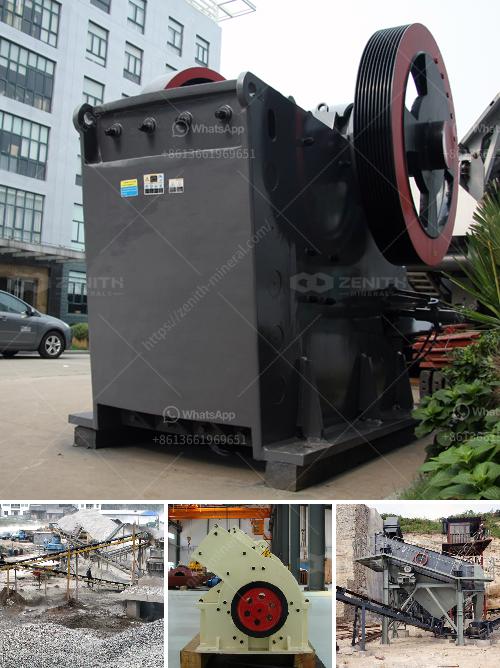Choosing a hammer crusher involves several considerations to ensure that the equipment meets your specific needs and operational requirements. Here are the key factors to consider in great detail:
1. Material Characteristics
- Hardness: The hardness of the material to be crushed is crucial. Hammer crushers are suitable for materials with medium hardness. For very hard materials, other types of crushers might be more appropriate.
- Moisture Content: High moisture content can cause clogging and reduce efficiency. Ensure the crusher can handle the moisture level of your material.
- Abrasiveness: Materials with high abrasiveness can wear down the hammers and other components quickly. Choose a crusher with wear-resistant materials if dealing with abrasive substances.
2. Capacity Requirements
- Throughput: Determine the required capacity in tons per hour. This will help in selecting a crusher that can handle the desired volume.
- Feed Size: The maximum size of the input material should be considered. The crusher should be able to accept the largest pieces of material you need to process.
- Output Size: Define the desired size of the crushed material. Different crushers offer various output size ranges.
3. Operational Considerations
- Power Consumption: Evaluate the power requirements of the crusher. Energy-efficient models can reduce operational costs.
- Ease of Maintenance: Look for crushers that are easy to maintain and have readily available spare parts. This can minimize downtime and maintenance costs.
- Durability and Reliability: Choose a crusher known for its durability and reliability to ensure long-term performance.
4. Design and Features
- Rotor Design: The design of the rotor and the number of hammers can affect the crushing efficiency. Some designs offer better performance for specific materials.
- Adjustability: Some crushers allow for adjustments to the gap between the hammers and the screen, which can help control the output size and improve efficiency.
- Safety Features: Ensure the crusher has adequate safety features to protect operators and prevent accidents.
5. Manufacturer and Support
- Reputation: Choose a reputable manufacturer with a history of producing reliable and high-quality crushers.
- Technical Support: Ensure the manufacturer offers good technical support and after-sales service. This can be crucial for troubleshooting and maintenance.
6. Cost Considerations
- Initial Cost: Compare the initial purchase price of different models. However, don’t compromise on quality for cost savings.
- Operating Costs: Consider the long-term operating costs, including energy consumption, maintenance, and spare parts.
- Return on Investment: Evaluate the potential return on investment by considering the crusher’s efficiency, durability, and overall performance.
Conclusion
Choosing the right hammer crusher involves a comprehensive evaluation of your material characteristics, capacity requirements, operational considerations, design features, manufacturer reputation, and cost factors. By carefully assessing these aspects, you can select a hammer crusher that meets your needs and provides efficient, reliable performance for your crushing operations.

